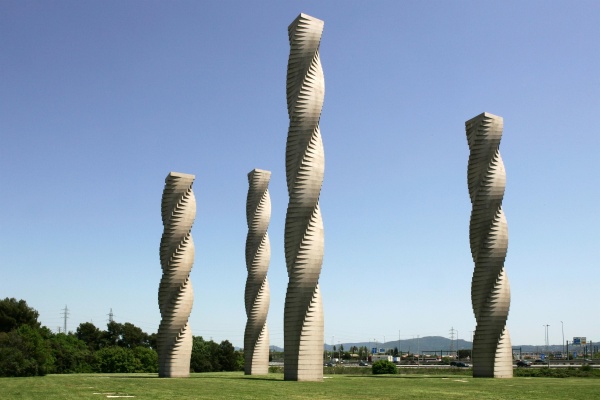In collaboration with the Agència de Residus de Catalunya, the UAB will install an anaerobic micro-digestor to treat the organic fraction of municipal solid waste generated in the restaurants on the campus, a solid state fermentation to produce bio-pesticides from the digestate and a stirling engine to convert the biogas into electricity and heat. It is expected that the plant will begin operating at the end of this year.
The agreement is part of the European DECISIVE project (acronym for the Decentralized Management Scheme for Innovative Valorisation of urban biowaste), coordinated by the National Institute for Research in Sciences and Technologies for Environment and Agriculture (IRSTEA) in France and in which Fundació ENT participates.
It is a multidisciplinary consortium, formed by different organizations, universities and international companies, focused on the design and implementation of innovative and decentralized systems to improve the management of biowaste in urban areas through the production of energy and other products of interest for organic farming close to the point of biowaste generation. In this way, it aims to bring the idea of circular economy closer to citizens and that biowaste is a resource. The project foresees that this proximity will motivate biowaste prevention and improve the quality of the collected biowaste as well as helping with the incorporation of good practices in the management of biowaste in the daly life of citizens.


